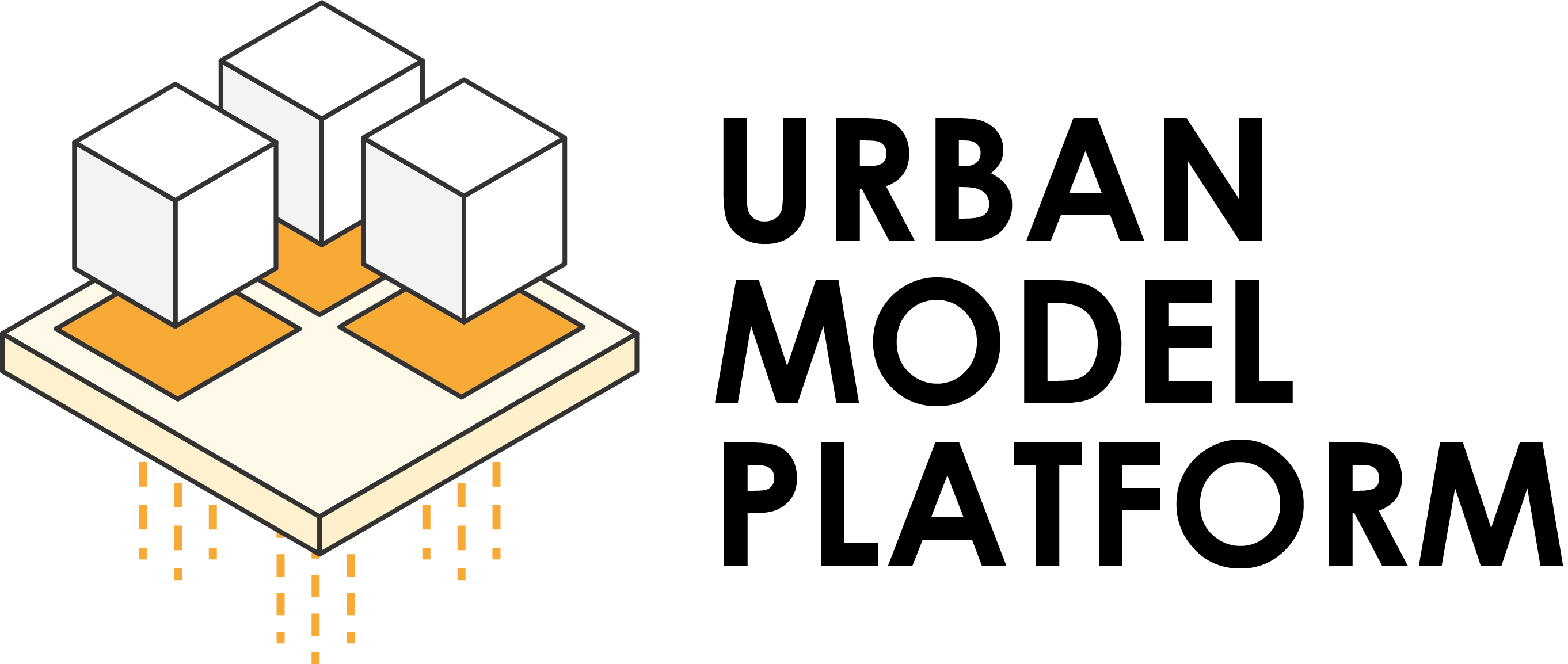Quick Start#
This section provides a quick start guide to get you up and running with the Urban Model Platform. It covers the basic steps to set up your development environment, run the application, and test it.
Requirements#
Docker
Docker Compose
Python 3.8 or higher
Conda (only for local development)
Poetry (only for local development)
Installation#
To install the Urban Model Platform, follow these steps:
Clone this repository by using
git clone git@github.com:citysciencelab/urban-model-platform.gitNavigate to the project directory:
cd urban-model-platformInitiate the development environment by running:
make initiate-devBuild the Docker containers by running:
make build-imageStart the local development environment by running:
make start-dev
Note
This will start the Urban Model Platform and all its dependencies, including Keycloak, PostgreSQL, and GeoServer.
Note
If you want to also start an example model server, make sure to initialize the git submodule and run the following command:
git submodule update --init --recursive
Then, you can start the model server by running:
make start-dev-with-modelserver
Accessing the Application#
Once the application is running, you can access it at the following URLs:
Urban Model Platform: http://localhost:5003
Keycloak: http://localhost:8081
GeoServer: http://localhost:8080
PostgreSQL: http://localhost:5432
Example Model Server (only if set up): http://localhost:5005
Configuring Providers#
Providers of processes and model servers are defined in the providers.yaml file. This file contains the configuration for connecting to external model servers and processes. Each provider entry specifies the necessary details, such as the server URL, authentication credentials, and process identifiers. Find more information about the providers in the providers documentation.
Note
The providers.yaml file is essential for the Urban Model Platform to interact with external model servers and processes. Make sure to configure it correctly to ensure seamless integration.
Configuring Keycloak#
Keycloak is used for authentication and authorization in the Urban Model Platform. To configure Keycloak, follow these steps:
Open Keycloak on http://localhost:8081/auth
Log in with the admin credentials (admin/admin).
Create a new realm named
UrbanModelPlatform.Create a new client in that realm called
ump-client(activate OAuth 2.0 Device Authorization Grant and Direct access grants).Create a test user called
ump, set its password toump.
Note
If a process is not configured with anonymous-access: True in providers.yaml, one has to give users the permission access the process. This can be done in two ways:
By adding the user to a specific client role
modelserverID_processIDin Keycloak. This will give the user access only to the specific process.By adding the user to a specific client role
modelserverIDin Keycloak. This will give the user access to all processes of the model server with the specified id.
modelserverID and processID correspond to the keys used in the providers.yaml file.
